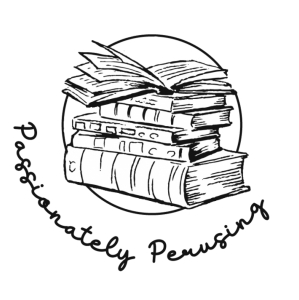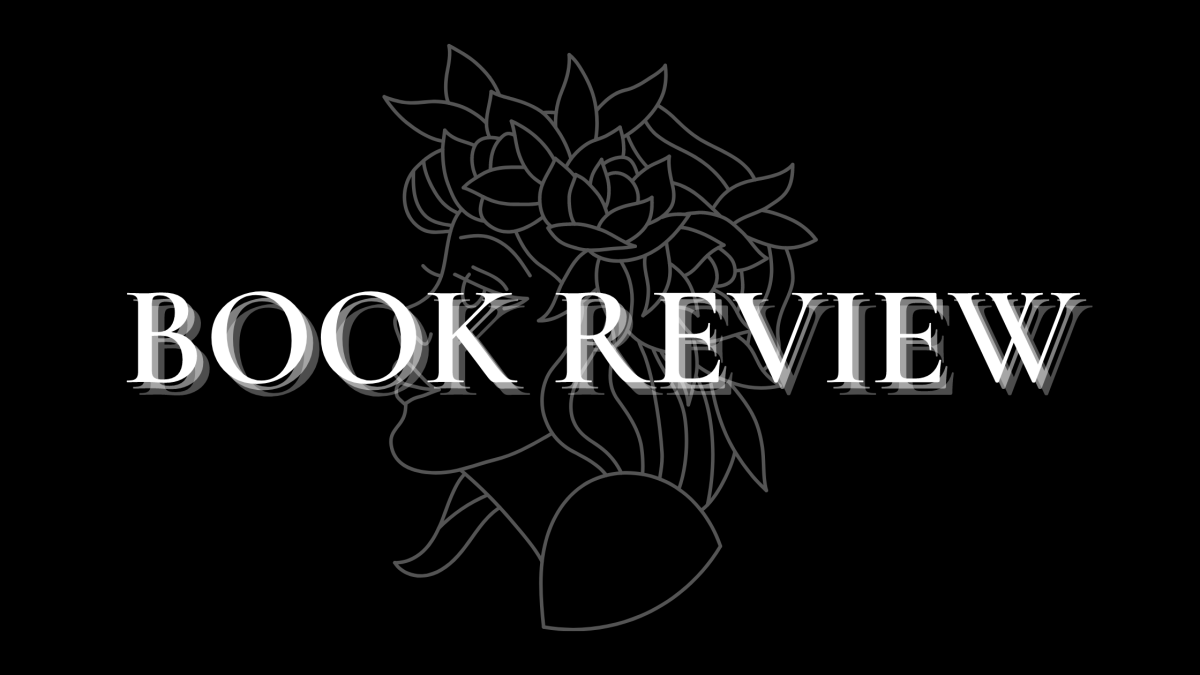“Poet and contributor to The Atlantic Clint Smith’s revealing, contemporary portrait of America as a slave owning nation
Beginning in his own hometown of New Orleans, Clint Smith leads the reader through an unforgettable tour of monuments and landmarks-those that are honest about the past and those that are not-that offer an intergenerational story of how slavery has been central in shaping our nation’s collective history, and ourselves.
It is the story of the Monticello Plantation in Virginia, the estate where Thomas Jefferson wrote letters espousing the urgent need for liberty while enslaving over 400 people on the premises. It is the story of the Whitney Plantation, one of the only former plantations devoted to preserving the experience of the enslaved people whose lives and work sustained it. It is the story of Angola Prison in Louisiana, a former plantation named for the country from which most of its enslaved people arrived and which has since become one of the most gruesome maximum-security prisons in the world. And it is the story of Blandford Cemetery, the final resting place of tens of thousands of Confederate soldiers.
In a deeply researched and transporting exploration of the legacy of slavery and its imprint on centuries of American history, How the Word Is Passed illustrates how some of our country’s most essential stories are hidden in plain view-whether in places we might drive by on our way to work, holidays such as Juneteenth, or entire neighborhoods—like downtown Manhattan—on which the brutal history of the trade in enslaved men, women and children has been deeply imprinted.
Informed by scholarship and brought alive by the story of people living today, Clint Smith’s debut work of nonfiction is a landmark work of reflection and insight that offers a new understanding of the hopeful role that memory and history can play in understanding our country.”

“The sky above the Mississippi River stretched out like a song.”
As the whitest person to exist in America, I feel it is my responsibility to educate myself as much as I can on social justice issues that have taken place in the past and present. The goal, of course, is to prevent future issues from coming up. I like to share what I learn from what I read, and there’s a lot to unpack with this one.
I’ll start by discussing my reasoning behind my rating. I’m sure there are people throwing shade my way for not giving this five stars. First, just because someone doesn’t give an important book a five-star rating doesn’t make it any less important. There’s more to a book than the content that makes it a phenomenal read. Second, I shouldn’t have to explain myself. It didn’t hold my attention the entire time, there were naming off fact after fact, and I had to take a break from the book, sadly. If I rated books with decimals, it would be a 4.5. Anyway, let’s get to the review.
There was information I didn’t know about places I’ve learned about before. The Monticello Plantation is the best example. I remember learning about that in school, but not like I learned about it in this book. The tour guides want visitors to understand what kind of person Jefferson was in his entirety, but visitors were offended claiming they were trying to change history. There were also people who didn’t think slavery was a thing. I don’t know if they just deny it completely, really didn’t know, or they’re messing with the tour guides. That’s why educating yourself on the topic is important!
Yes, he contributed great things. Yes, he gave us the Declaration of Independence, and the university where I got my degree, but he also owned people. He owned ancestors of people I know. That’s reality. I think in order to really understand him, and to fully understand him, you have to grapple with slavery. You have to grapple with [physical] violence and psychological violence, and family separation. We would not be doing the story justice if we don’t tell those stories.
Niya Bates – Monticello’s director of African American History.
Smith also visits Angola Prison (Louisiana State Penitentiary). A location I have never heard of, but it’s so interesting (and horrifying) to learn about. The Red Hat Cell Block (restrictive and harsh housing in Angola Prison) holds cells that are 5 x 7 ft. It got extremely hot in there with no air. Prisoners would just lay on the cement floor in misery.
The execution bed was built by PRISONERS. They actually went on strike when they found out.
The guide would often pivot the conversation to bring positive light to the prison while Smith visited there. How could you even see this place in a positive light? It was nothing but horrifying, disgusting, and cruel. I’m happy that Smith discusses what the prison actually did.
There was talk about how women would kill their own children because they didn’t want them to grow up in the same situation. There’s a lot of talk about the Confederacy and the Lost Cause. You really just have to read it yourself to fully enjoy all the things you learn. I definitely won’t do the book justice from doing a WordPress blog review. Go read it for yourself!
About the Author

“Clint Smith is staff writer at The Atlantic. He is the author of Counting Descent, which won the 2017 Literary Award for Best Poetry Book from the Black Caucus of the American Library Association and was a finalist for an NAACP Image Award. Clint has received fellowships from New America, the Art For Justice Fund, Cave Canem, and the National Science Foundation. His writing has been published in The New Yorker, The New York Times Magazine, Poetry Magazine, The Paris Review and elsewhere. He currently teaches writing and literature at the DC Central Detention Facility. His debut nonfiction book How the Word Is Passed, which explores how different historical sites reckon with—or fail to reckon with—their relationship to the history of slavery, will be published by Little, Brown in June 2021. He received his B.A. in English from Davidson College and his Ph.D. in Education from Harvard University.”
If you enjoyed this, then give it a like and follow my blog and other social media. Be respectful and happy reading!


